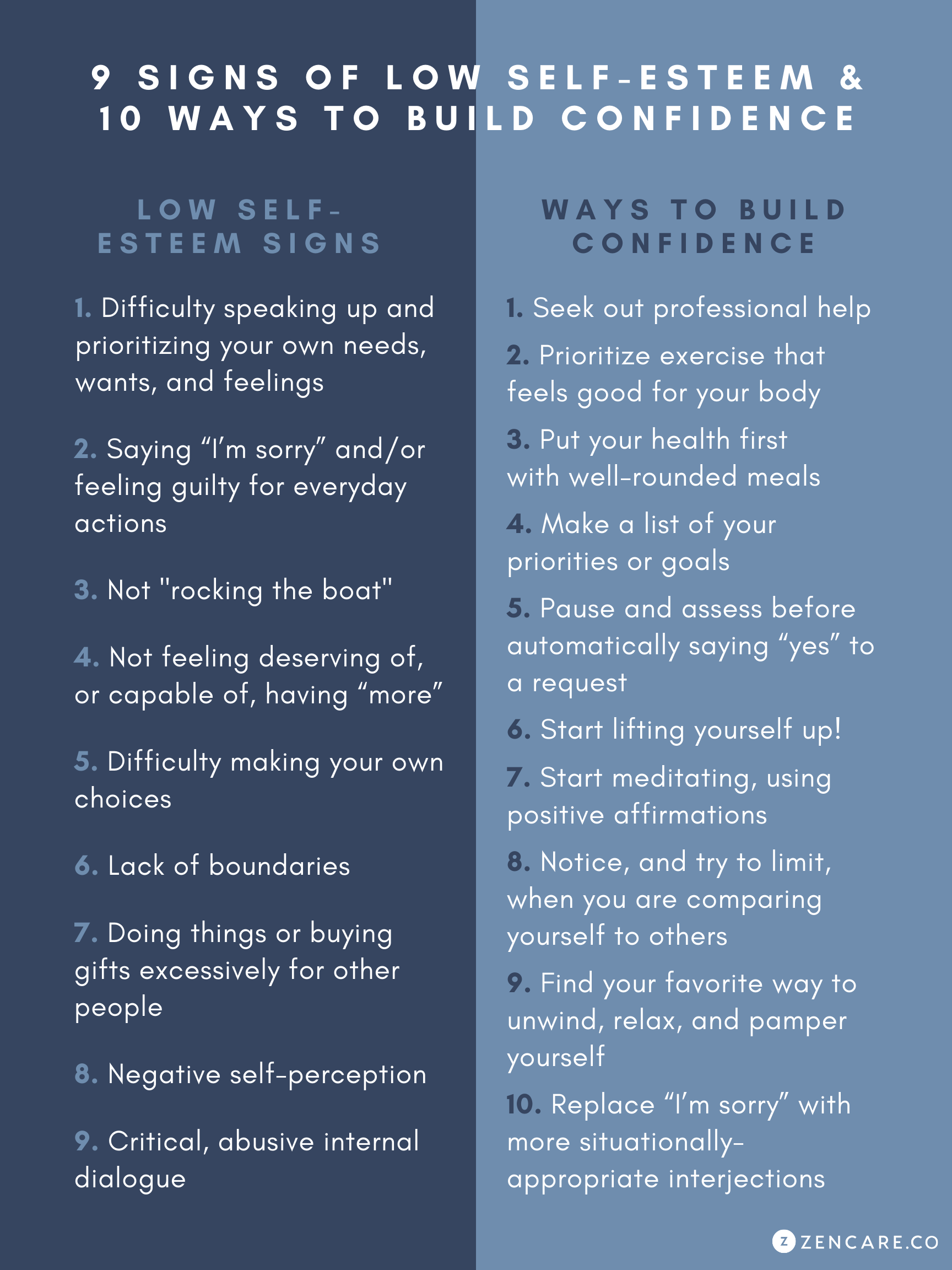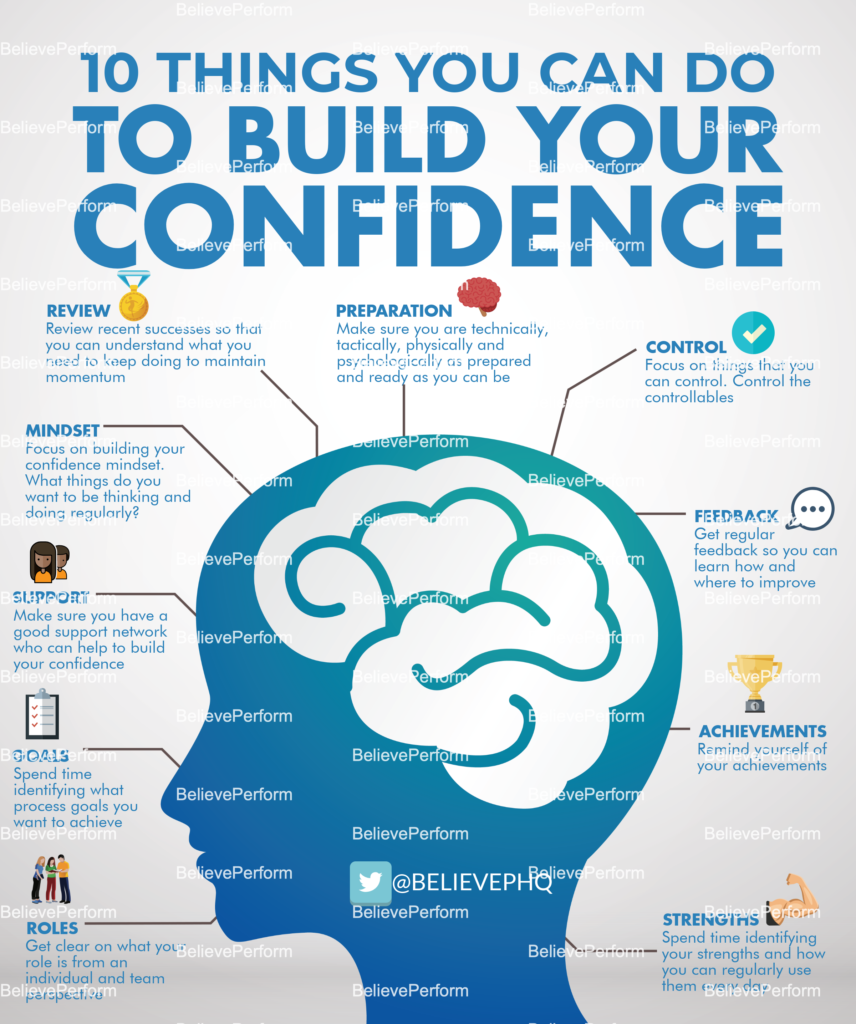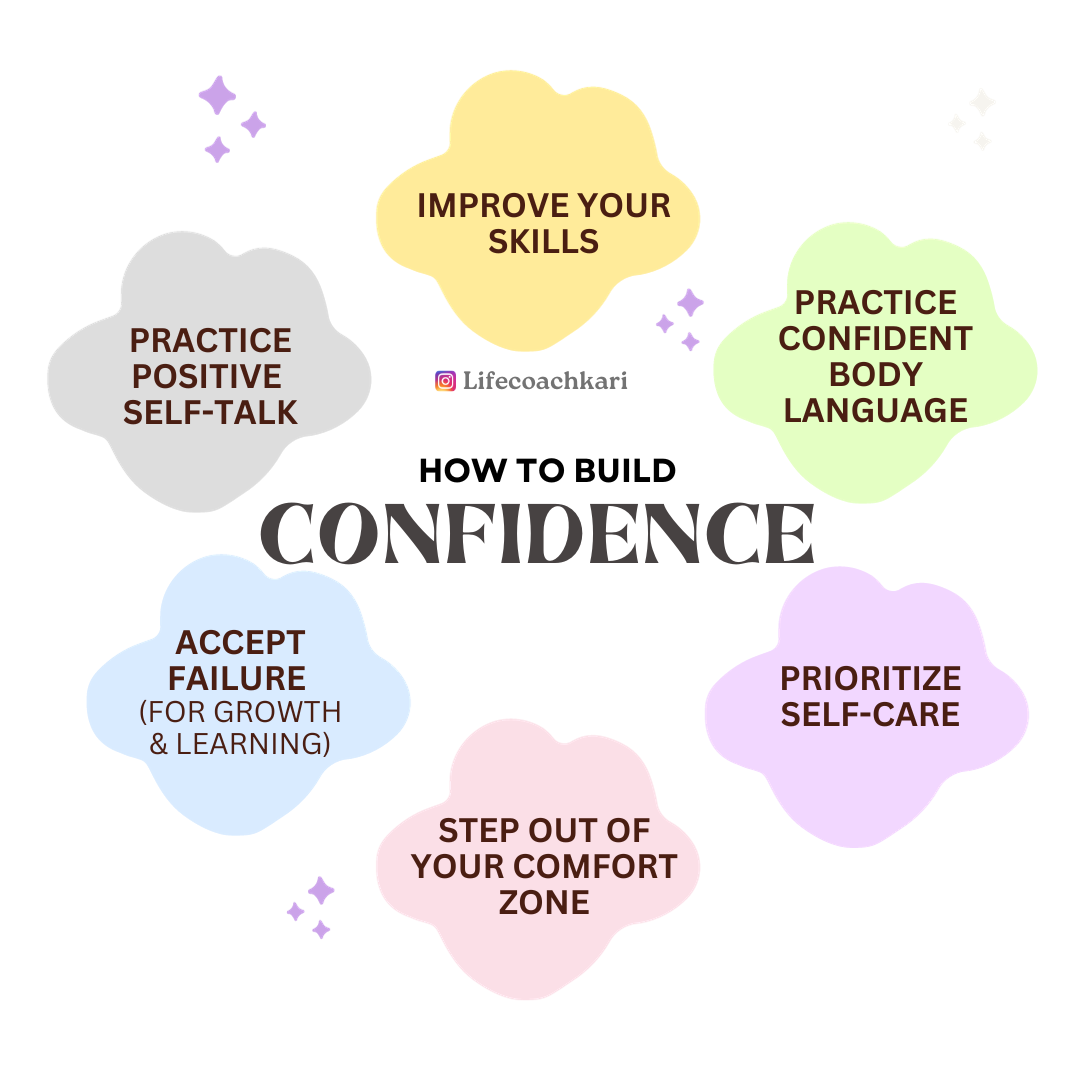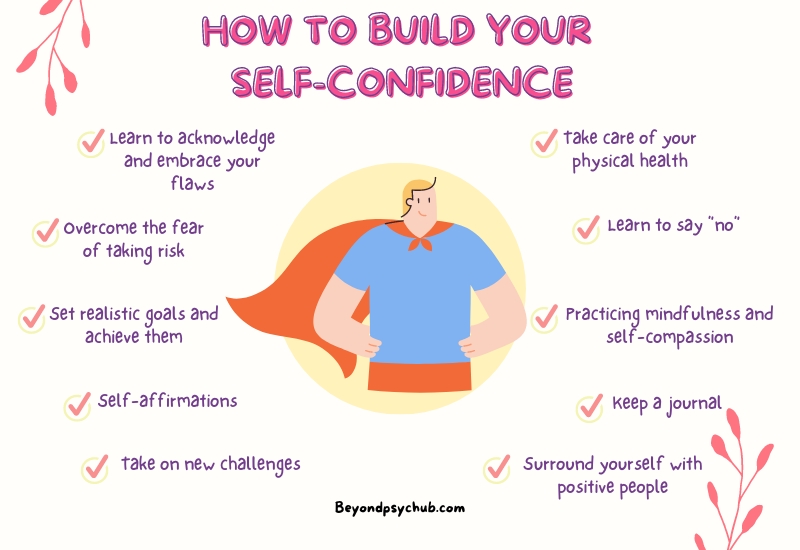How To Help Someone Build Confidence

In a world that often emphasizes external validation, building genuine confidence in oneself and others is a skill that can significantly improve personal well-being and foster healthier relationships. But how exactly can you help someone cultivate this inner strength? Experts emphasize a multifaceted approach that focuses on fostering self-compassion, celebrating small wins, and challenging negative self-talk.
Building confidence isn’t about instant transformations but rather a gradual and consistent process. It involves understanding that everyone's journey is unique and that setbacks are inevitable. The key is to provide support and guidance tailored to the individual's specific needs and experiences.
Creating a Supportive Environment
The foundation of building confidence lies in creating a safe and supportive environment. This involves active listening and empathy. Let them know you are there to hear them without judgment, understanding their perspectives and emotions.
Avoid offering unsolicited advice or criticism. Instead, focus on validating their feelings. A simple, "I understand why you feel that way," can be incredibly powerful.
Focusing on Strengths
Often, individuals struggling with confidence are hyper-focused on their weaknesses. Help them identify and acknowledge their strengths. Encourage them to reflect on past successes and positive attributes.
Ask them about times they felt competent and proud of their accomplishments. This can help shift their focus from perceived failures to proven abilities.
According to a 2021 study by the American Psychological Association, focusing on personal strengths significantly contributes to increased self-esteem and overall well-being.
Challenging Negative Self-Talk
Negative self-talk can be a major obstacle in building confidence. Assist the individual in identifying and challenging these negative thoughts. Encourage them to question the validity of these thoughts.
Are these thoughts based on facts or assumptions? Are they being overly critical of themselves? Suggest reframing negative thoughts into more positive or neutral ones. Instead of "I'm going to fail," try "I'll do my best, and that's enough."
Cognitive Behavioral Therapy (CBT) techniques, often used by therapists, can be adapted to challenge negative thought patterns. These techniques involve identifying the negative thoughts, understanding their impact, and replacing them with more realistic and positive alternatives.
Celebrating Small Wins
Building confidence isn't about achieving monumental goals overnight. It's about recognizing and celebrating small wins along the way. Help the person set achievable goals and acknowledge their progress.
Did they complete a difficult task? Did they step outside their comfort zone? Acknowledge and celebrate these achievements, no matter how small they may seem. These small victories build momentum and reinforce positive self-perception.
Dr. Sarah Thompson, a leading expert in self-esteem, emphasizes the importance of positive reinforcement in building confidence. "Acknowledging even the smallest steps forward helps reinforce positive behaviors and encourages further growth," she states.
Encouraging Self-Compassion
Self-compassion is crucial for building resilience and self-acceptance. Encourage the individual to treat themselves with the same kindness and understanding they would offer a friend.
Teach them to be gentle with themselves during setbacks and failures. Remind them that everyone makes mistakes and that it's okay to not be perfect. Self-compassion allows individuals to learn from their mistakes without dwelling on feelings of inadequacy.
Kristin Neff, a renowned researcher in self-compassion, offers numerous resources and exercises on her website, self-compassion.org, that can help individuals cultivate this crucial skill.
Promoting Independence
While support is important, it's also essential to promote independence. Encourage the individual to take on challenges and solve problems on their own. Offering guidance and support when needed, but resist the urge to do everything for them.
Allowing them to experience success and learn from their mistakes builds self-efficacy, the belief in one's ability to succeed in specific situations or accomplish a task. As their confidence grows, gradually step back and allow them to take on more responsibility.
Ultimately, helping someone build confidence is an act of empowerment. By creating a supportive environment, challenging negative self-talk, celebrating small wins, encouraging self-compassion, and promoting independence, you can help them develop the inner strength and self-belief they need to thrive.

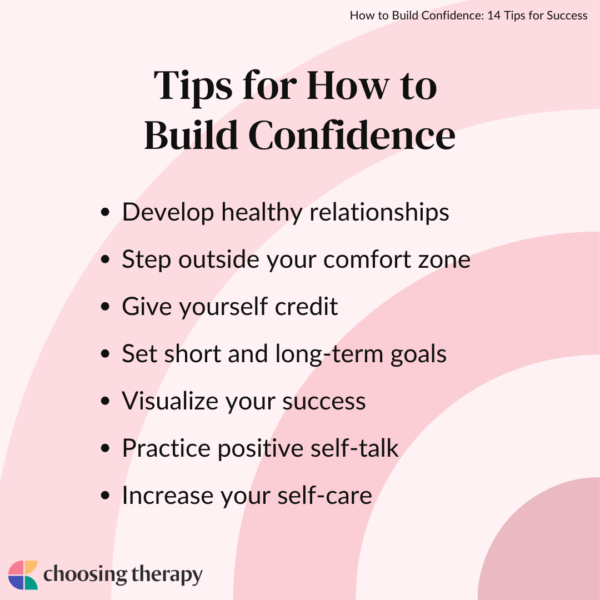

:max_bytes(150000):strip_icc()/how-to-build-self-confidence-5209231-FINAL-fe2e0265fbed407da074f1345163ba21.jpg)





